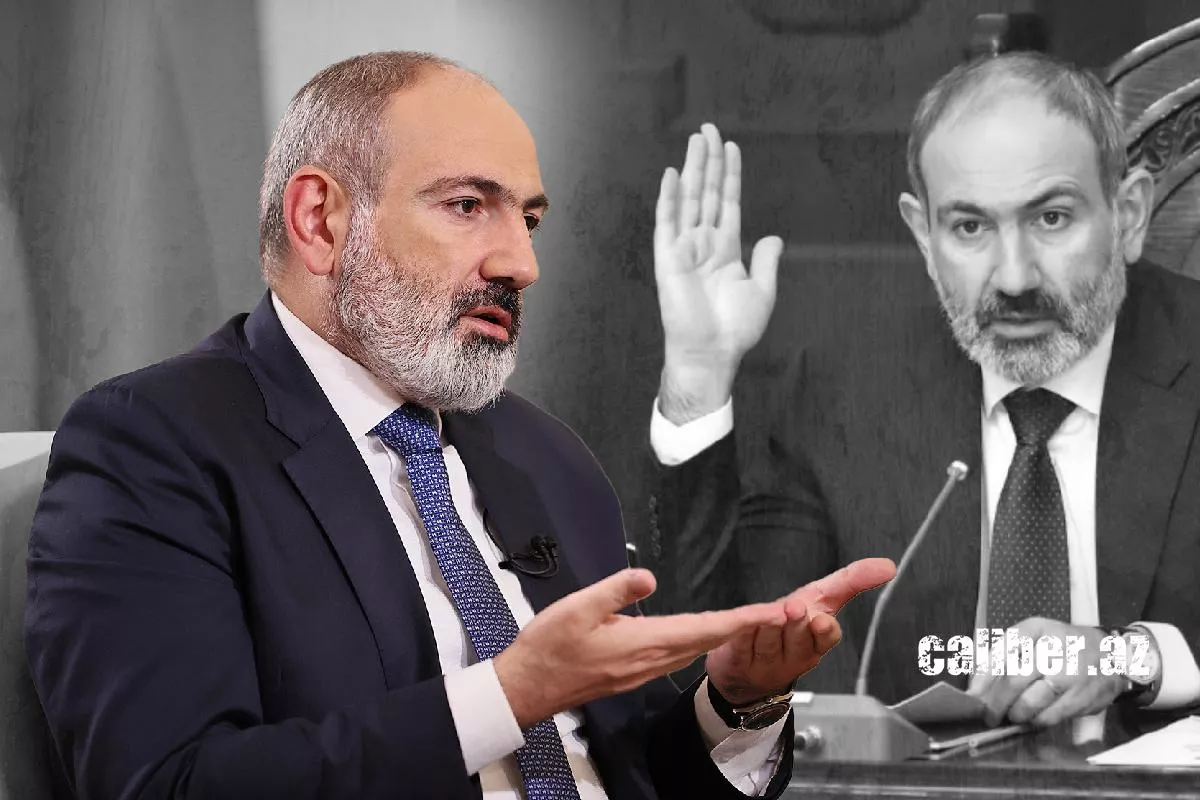Is BRICS set to replace the UN? Expert insights
In October, Russia’s Kazan will host the BRICS summit, where the membership applications of Azerbaijan and Türkiye are expected to be discussed. Additionally, Armenia, which has been increasingly aligning with the West, has decided to attend the BRICS summit.
Caliber.Az spoke with Dr. Stanislav Tkachenko, an economist, professor at St. Petersburg State University, and Russian political scientist, about the upcoming event and the potential expansion of BRICS.

What are Moscow’s plans for the development of BRICS?
— Expanding BRICS to include the maximum number of fully sovereign states capable of pursuing independent internal and external policies is a strategic priority for contemporary Russian diplomacy. Moscow views BRICS as a "backup" for its foreign policy in case the UN ceases to fulfill the functions for which it was created. It’s worth noting that, in addition to maintaining peace and managing relations between superpowers (once the USSR and the USA, and today the USA, China, and Russia), the UN is tasked with overseeing a network of international organizations established under its Charter. This includes the WTO, WHO, IMF, and the World Bank. Currently, none of these organizations are performing the functions for which they were established, and their activities are funded, in part, by Russia's contributions to the UN budget.
Russian plans and expectations for the Kazan summit are outlined in several official documents released by Moscow in early 2024. In addition to specifying membership criteria, these documents address the future agenda for BRICS institutions, including the pool of conditional currency reserves and the New Development Bank, as well as the prospects for using digital currencies within the organization and achieving de-dollarization of trade among member countries.
Russia’s strategic goal is to transform BRICS into an organization that unites the majority of the world’s states and is shielded from sanctions, diplomatic protests, and other hostile actions from the USA and its allies.
Apparently, Azerbaijan’s application for BRICS membership will be discussed in Kazan. How quickly will Baku's application be approved?
— Russia would like countries with similar foreign policy priorities, such as Belarus or Azerbaijan, to become full members of BRICS by this fall, at the summit in Kazan, the capital of Tatarstan. However, the current agreement among BRICS members requires that the criteria for membership be established at the 2024 summit in Russia. Only after these criteria are set will they be used to evaluate whether any of the approximately 30 countries interested in joining meet the agreed-upon standards. My prediction is that the criteria will be partially, but not fully, agreed upon in Kazan, and the decision on BRICS expansion will be made in the future, possibly at the next summit planned for Brazil in 2025.
What justifies Armenia's planned participation in the summit? Doesn't this decision seem at odds with Yerevan's pro-Western stance?
— Armenia's participation in the BRICS summit in Kazan is explained by its membership in the Eurasian Economic Union (EAEU). Russia, as the largest EAEU member, is interested in having all its full members (currently including Belarus, Kazakhstan, Kyrgyzstan, and Armenia, in addition to Russia) participate in the BRICS+ format summit. This will allow Russia to reaffirm its status as the leader of the EAEU and create favorable conditions for any of the four mentioned countries to join BRICS as full members in the foreseeable future.

Current relations between Moscow and Yerevan are experiencing the most severe crisis in their history. Therefore, the invitation extended to the Armenian Prime Minister to attend the Kazan summit is due to formal reasons and should not be seen as an endorsement of Yerevan’s aggressive anti-Russian policies.
By the way, Ankara has also expressed interest in joining BRICS. Will Türkiye’s application be supported in Kazan?
— According to Russia, there is no room in the new BRICS for NATO allies and other organizations like AUKUS and QUAD, as these countries lack the ability to conduct independent foreign policies and have ceded part of their sovereignty to Washington in exchange for security guarantees and financial aid. In this context, Türkiye’s application for BRICS membership faces significant challenges. However, Türkiye has an opportunity to demonstrate its independence from Washington. If Türkiye can convincingly show its sovereignty, there is no doubt that Russia would support its application.
There are two contrasting viewpoints in Russia regarding Türkiye’s potential membership in BRICS. The first perspective suggests that accepting Türkiye could significantly curb NATO’s ambitions. The second view is that Türkiye’s application for BRICS membership is a strategic move intended for negotiation leverage with Brussels and Washington. This is similar to the cases of Saudi Arabia and Argentina, which also sought BRICS membership, had their applications approved, but later received various benefits from the US and withdrew from the organization.
Regarding Türkiye's chances of joining BRICS, the consensus is likely to be as follows: China will remain neutral, India will likely oppose, and Russia will probably support Türkiye’s application. Initially, Türkiye might be granted a special participant status, with further discussions to follow on whether to expand BRICS into a BRICS+ format.








